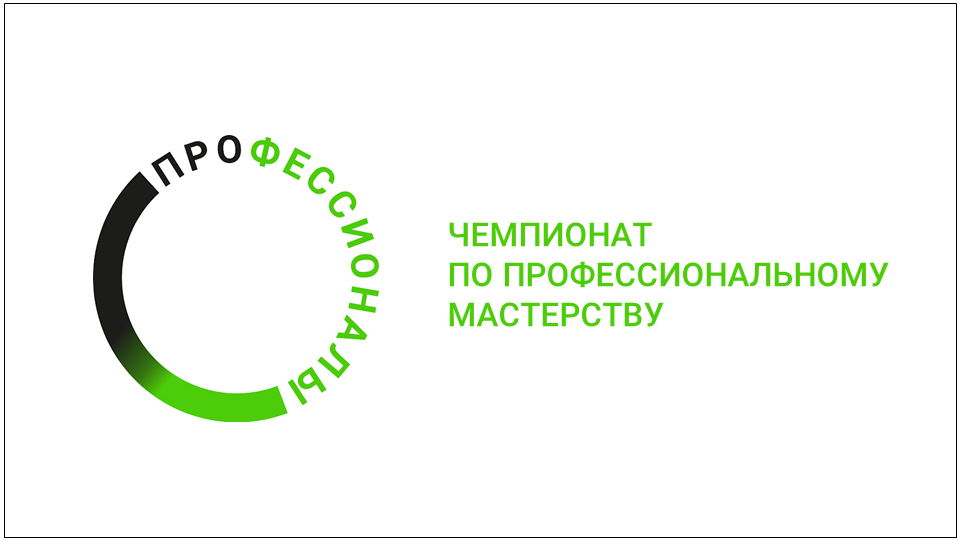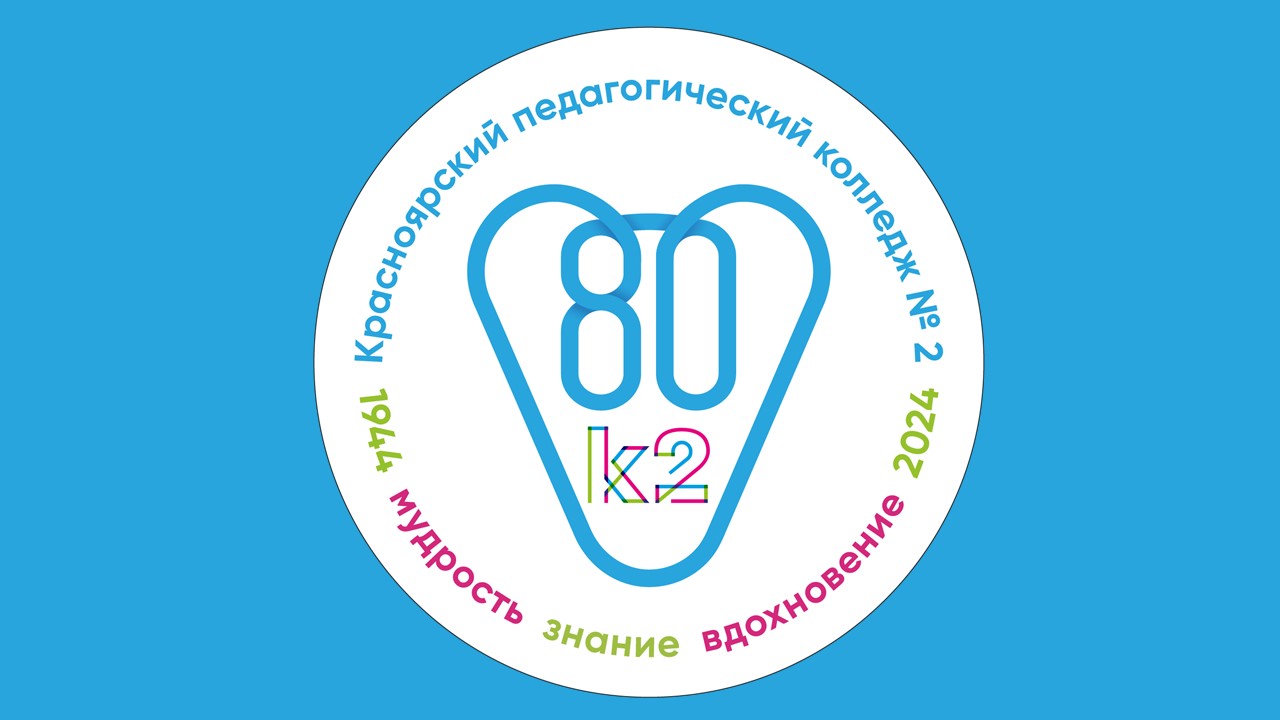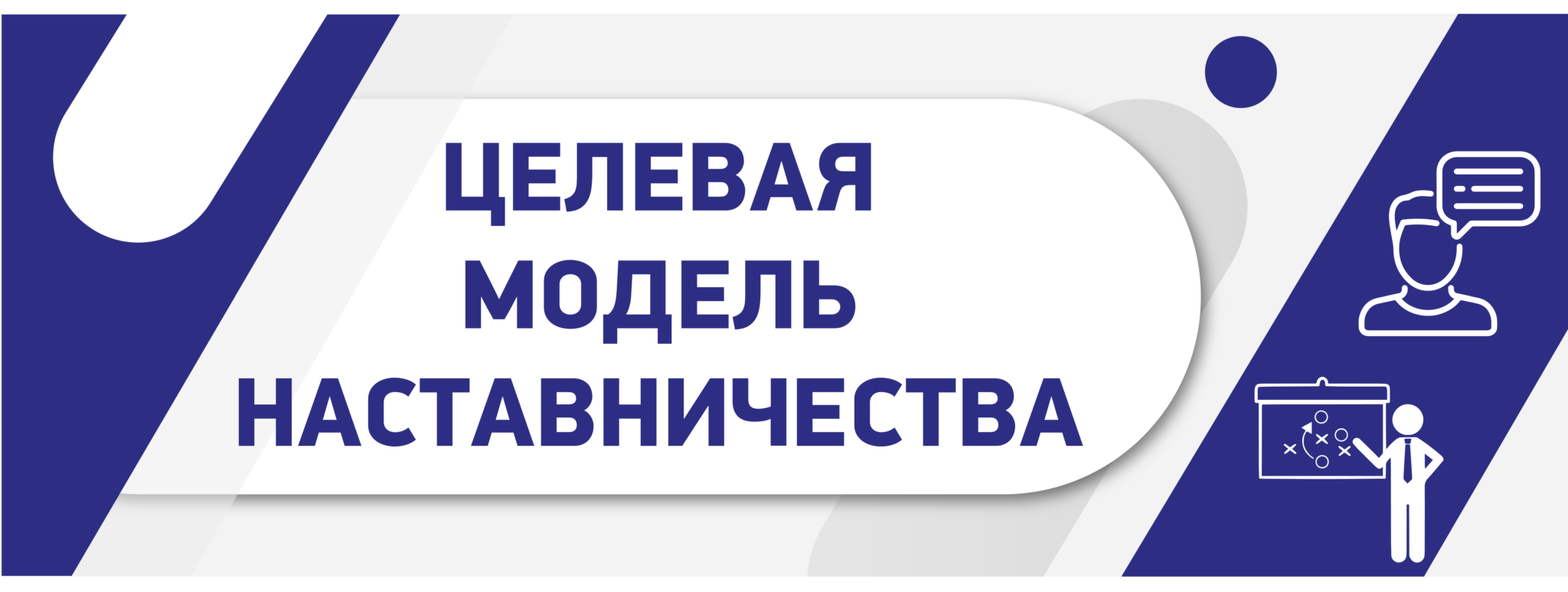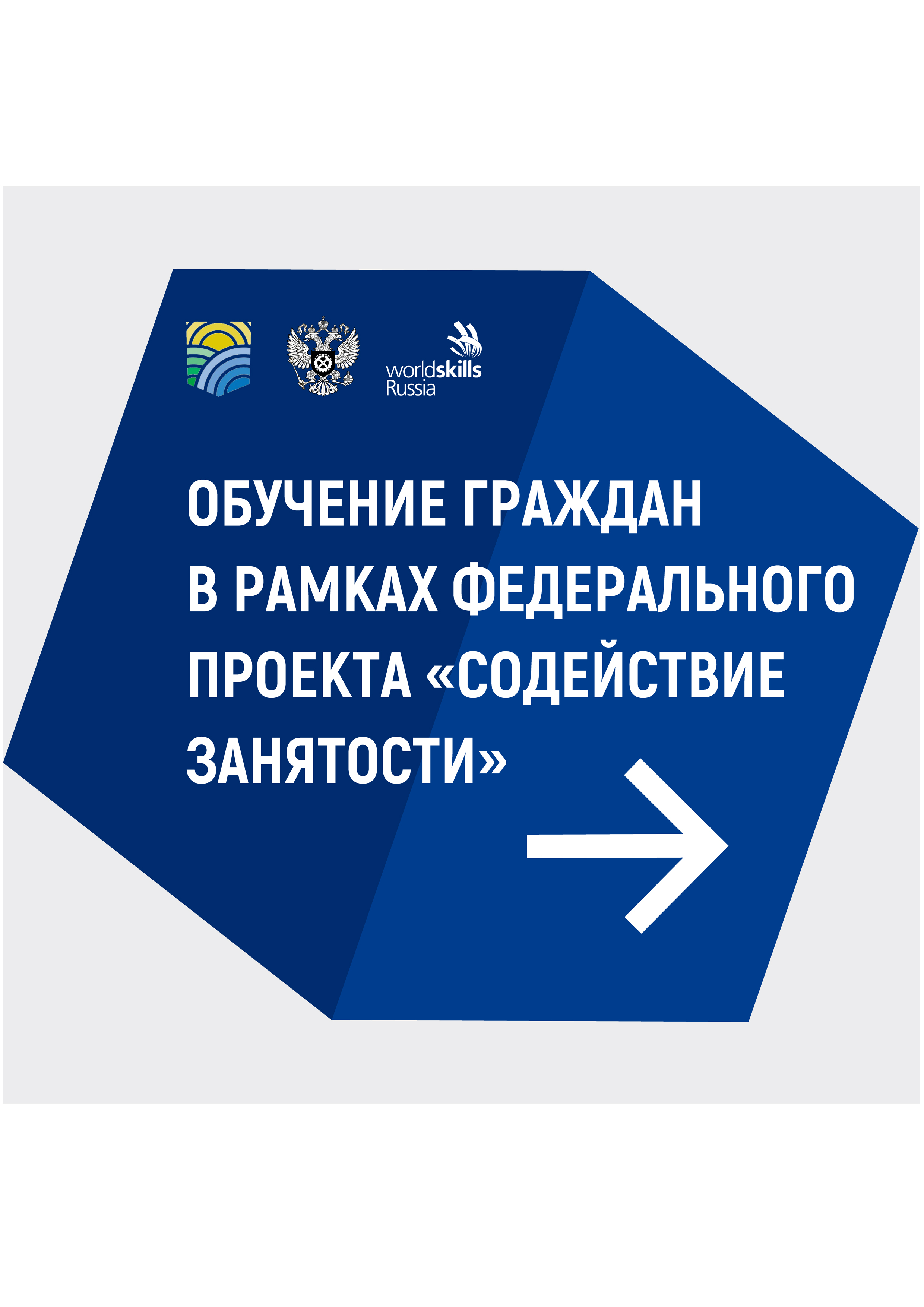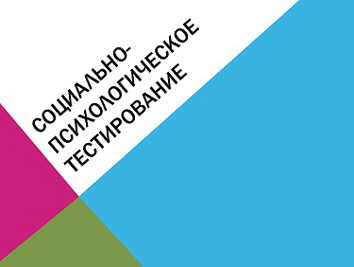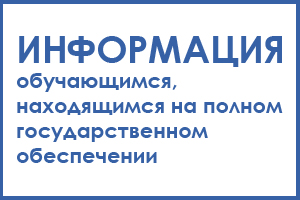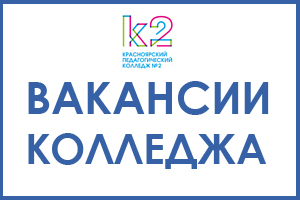How a Personal Injury Attorney Can Help You
If you’ve been injured as a result of an accident, contact a personal injury attorney. They can help you get compensation from the responsible party.
The first step is to determine whether the defendant was negligent. This can be done through a liability analysis.
Liability Analysis
A liability analysis is a procedure that determines the amount due to the victims of an accident. This could include compensation for medical costs and lost wages.
Once your attorney has gathered sufficient evidence to support a claim, they will begin conducting a liability assessment. This involves reviewing case law, common laws, statutes, and legal precedents.
A liability analysis is crucial in personal injuries lawsuits. It can help you determine the amount of you may be entitled to in compensation for your losses and injuries. It also plays a crucial role in the negotiation process as well as the success of your case.
In most cases, the initial step in a personal injury lawsuit is gathering evidence to support your claim as well as the defendant’s fault. This typically means collecting medical documents, witness statements, or other evidence to back your claims.
This process isn’t just lengthy, but it is crucial to the legal process. This will ensure that defendants are accountable for their actions and that you are able to seek damages for your injuries.
After collecting sufficient evidence to back your claim, the attorney will conduct an analysis of liability to determine the amount of damages that are due. This involves reviewing the California cases, common laws, and statutes.
The attorney will also review any relevant medical records in order to confirm that your claims are valid. This could involve contacting any hospital or medical staff that treated you and asking for specific reports.
This kind of analysis could be more complicated when your injuries are complex situations or are rare. This is particularly true if the injury is related to products or drugs.
The attorney will then review your damages and determine the value of your medical bills, lost wages and other costs. This will allow the lawyer to estimate the value of your claim and determine if it’s worth it to pursue your claim.
Mediation
Mediation is a dispute resolution method where parties seek to reach a consensus on their issue before proceeding with trial. It is a voluntary and confidential process. The mediator cannot utilize any information obtained from the other side in court.
In personal injury cases, mediation is usually the first step in obtaining a settlement, and it can save both parties time, money, and stress. Sometimes, however, negotiations can become stuck in a rut.
This is why you need an attorney for personal injury attorneys injuries who knows how to handle mediation. They will assist you navigate the mediation process and get your case to a successful conclusion.
A personal injury lawyer can prepare your case for mediation so that you’re mentally and emotionally prepared to have a successful experience. They’ll ensure you have everything you require including medical documents to your personal information and will be there for you at every step of the process.
If you’ve been granted the opportunity to meet with a mediator, they’ll begin by taking a look at you and your circumstances. They will ask you questions regarding your injuries and your family. They will listen to your concerns and help you decide how to proceed with your case.
After having reviewed all evidence, the mediator will discuss with you about settlement options. They’ll be able give you an accurate estimate of how much your case could settle for.
After you’ve had a opportunity to talk to the mediator, they will set up a time for a meeting with you and the defendant’s insurance company. They’ll discuss your settlement options and discover what you’re searching for in a final resolution of your case.
If mediation does not produce a settlement the mediator can assist both sides via telephony or in another session. They could also follow-up on other channels, like depositions or expert consultations.
This is especially useful when there is a serious injury. It can give the mediator an idea of the fair settlement for the plaintiff. This will provide the mediator with a better idea about how much to offer defense.
Settlement Negotiations
When you are injured in an accident caused by another, you need to get compensation for medical expenses and loss of income. A personal injury lawyer can assist you in obtaining the compensation you require by negotiating with the insurance company to your advantage.
The process of negotiating settlements typically involves back and forth exchanges with the insurance adjuster of the other party where both parties exchange offers to come up with an agreed-upon amount for compensation. This process can last for weeks, months, or years depending on your case.
It is essential to remain calm throughout the negotiation process and not take things too seriously. Letting emotions control your decisions can result in delays in settlement negotiations and could cause you to miss out on an opportunity to negotiate a better deal.
Before you start an agreement take a moment to think about your requirements and how you would like to be treated by the other side. These issues can be discussed to help you find solutions that meet your needs and avoid any future conflicts.
When you settle, you need to ensure that the settlement agreement accurately is a reflection of what you had in mind at the beginning of the negotiations. It’s easy to forget crucial aspects of the agreement, especially if have already signed it.
When you are negotiating with the insurance adjuster, it’s important to remember that they may be more motivated by money than you. Be aware that they could offer less than what you asked for in your request letter.
It is recommended to wait until an insurance adjuster has made an appropriate counteroffer before you accept it. This will let you consider whether it’s a suitable negotiation strategy.
Flexibility and willingness to consider new evidence or facts that are discovered during the process is essential to a successful settlement negotiation. This will enable you to negotiate a settlement that’s mutually beneficial and that meets the needs of each party.
A personal injury attorney can assist you through the process of negotiating with the insurance company. They will provide direction and advice on each financial amount’s pros and limitations, and potential.
Trial
A trial is typically the last option in a claims process. A majority of people prefer to settle disputes outside of the courtroom. Personal accident cases are a great illustration of this. Plaintiffs are often nervous about going to trial and worry about that they could make a mistake.
A trial is the legal process in which a jury or judge decides if a defendant can be held accountable for damages and injuries suffered by the plaintiff. It involves gathering evidence, witness testimony and expert testimony and presenting them to the jury.
The trial process can be divided into the case-in-chief and closing arguments phases. Both of these phases can last for a few weeks or even months, depending on the extent of the case.
Each side will present their main evidence to the jury in the case-inchief. At this point, jurors will take in all the evidence and make a determination on the amount of compensation they believe is appropriate.
The attorneys of each side will provide their opening statements before the jury, describing what they think the case will prove and how they intend to prove their cases. It could take 30 minutes or more for each side.
After the opening statements, each attorney gets the chance to present their evidence and to present their witness testimony. This could include photos as well as accident reports testimony of experts, and other evidence.
At the close of the evidence and witness testimony phase both sides will be given the opportunity to present their final arguments. The arguments are based on the evidence presented and often be a reinforcement of any key arguments or arguments that were made during the trial.
Both sides may appeal an outcome of the jury. The appeals process is usually based on the basis of whether there was a mistake in the jury selectionprocess, or that the judge made a mistake in his or her interpretation of the law. The appeals court reviews the facts and the verdict making new decisions or rulings in the case.

